Our Reliable Payroll Management
Trusted Payroll Management in Asia
Reliable administration of payroll operations in Asia, safeguarding the confidentiality and precision of your data. We adhere to current regulations to deliver punctual payroll services.
Our services encompass the oversight of compulsory contributions including housing funds, unemployment insurance, maternity benefits, work injury compensation, medical insurance, and retirement pensions.

Cloud Storage
Your payroll data is securely stored and regularly updated on Microsoft Azure's cloud platform for reliable access.

Private Server
Our dedicated in-house server ensures the daily backup of your data, maintaining its security and stability.

Physical Data Storage
In line with Asian legal requirements, we also manage hard copies of your information for complete record-keeping.
Service Details: Payroll Process
- A personal account manager is designated for each client.
- The client gathers necessary materials.
- EOR Asia presents policies and an online portal.
- Onboarding documents are established, including:
- Work calendar
- Routine processes: monthly, annual, and staff onboarding/offboarding
- Standard templates: employment agreement, payment notification, data exchange form, staff registration form
- Additional benefits and salary framework
- The client’s payroll policies and templates are integrated into the EOR Asia system.
- EOR Asia is furnished with individual and payroll specifics for each employee by the client.
- EOR Asia inputs the employee data into the system.
- Access to the online portal is provided to the client and their employees.
- EOR Asia informs clients about any updates in government regulations.
- Clients notify EOR Asia of any alterations in compensation packages.
- EOR Asia issues a payment notice to the client.
- The client reviews and settles the payment notice.
- .Salary paid to employee/s
- Mandatory benefits and individual income tax paid for for the staff.
- The online portal is refreshed with the latest information.
The client and EOR Asia agree on the work calendar for the upcoming year.
EOR Asia sends an annual salary report, which includes information on offboarded employees, to the client.
The client verifies the annual salary report.
EOR Asia forwards the revised report to the government authorities.
The government issues updates to the social security and housing fund policies.
EOR Asia informs the client about the latest changes in government policies related to social security and housing funds.
EOR Asia incorporates the newly updated policies into its system.
Upon request, EOR Asia deletes the data of offboarded employees from the system.
- The client issues a service termination notice.
- The client and EOR Asia agree on the process for transferring accounts, materials, and information.
- Both the client and EOR Asia establish an offboarding plan for the employees, involving their resignation.
- EOR Asia provides the client with a final payment notice that includes any historical balances.
- The client verifies and completes the final payment.
- EOR Asia delivers the accounts, materials, and information to the client.
- EOR Asia returns any remaining deposit balance to the client.
Manage Benefits, Bonuses, and Taxes with Ease
Our Payroll Service
Our Payroll Service allows all EOR Asia clients to manage their payroll records securely through our online portal.
- Detailed Social Contribution Summary
- Clear Income Tax Calculation
- Accessible Pay-slip Records
- Organized Service Invoices
- Up-to-Date Employee Labor Contract Info
- EOR Asia Account Manager Support


Payroll Calculations & Gov Compliance:
- Detailed Account of Employee Contributions
- Determination of Employer's Average Salary for Social Insurance Contributions Base
- Filing of Required Government Payroll Documents
- Comprehensive Reporting of Payroll Expenses
Payroll Updates:
- Dedicated Account Manager
- Multilingual Communication
The social insurances
Essential Social Benefits in Asia:
Our payroll management covers key social benefits in Asia, including pension, medical insurance, and housing funds.

Pension Fund
Both workers and companies are obligated to contribute to the pension fund, with employers typically contributing a larger share based on the city's regulations.

Medical Insurance
Employers in many Asian countries are legally required to offer essential health insurance, including emergency coverage, to their employees, with employer contributions typically a percentage of the employee's salary.

Housing Fund
Employers are also required to contribute to the housing fund for Asian nationals, which is considered an individual account rather than a collective pool.

Avoiding the HR Bureau
Navigating HR Regulations:
In Asia, following wage and hour regulations is vital for preventing legal issues and financial penalties. EOR Asia takes care to meticulously log and arrange all payroll processes, ensuring clarity and compliance.
Frequently Asked Questions
An EOR helps businesses hire employees in Asia without needing a local entity, while a PEO provides HR services like payroll and benefits management for businesses that already have a legal entity in Asia.
The hiring process in Japan can vary widely depending on the company and the position. It might take anywhere from a few weeks to several months. Traditionally, Japan has a unique recruitment cycle, with a high season for hiring new graduates in the spring. For foreign companies or specialized roles, the process might be quicker or slower depending on the candidate pool and the company’s needs.
It is possible for a foreign company to hire employees in South Africa without a local entity, but it can be quite complex due to immigration and labor laws. Companies often use a local Employer of Record (EOR) or a Professional Employer Organization (PEO) to manage local employment compliance, payroll, and benefits.
An Employer of Record (EOR) in Indonesia helps foreign companies by taking on the legal employer responsibilities for their local workforce. This includes registering employees with the local authorities, managing payroll, ensuring timely and correct payment of social security contributions, and handling all tax-related matters, including income tax withholding and reporting.
If an employee in China is injured at work, the employer must follow a series of legal requirements and procedures as outlined by the Chinese labor laws, specifically the “Work Injury Insurance Regulations.” Here’s a more detailed look at the process:
1. Immediate Reporting:
The employer is required to report the accident to the relevant labor authorities and the employee’s union representative, if any, within 48 hours.
2. Medical Treatment:
The employer must ensure that the injured employee receives immediate medical attention. The costs of medical treatment for work injuries are typically covered by the employer until the employee is stabilized.
3. Application for Work Injury Recognition:
The employer, in coordination with the employee, should apply to the local labor authorities for work injury recognition. This process involves an assessment of the incident and the injuries to determine if they are indeed work-related.
4. Work Injury Insurance:
If the injury is recognized as a work injury, the costs are then covered by the Work Injury Insurance Fund, which includes payment of medical expenses, disability compensation, and possibly a one-time compensation payment depending on the severity of the injury.
5. Disability Assessment:
If the injury results in a disability, a formal assessment is conducted to determine the level of disability. This assessment affects the amount of compensation the employee is entitled to receive.
6. Compensation and Benefits:
Depending on the outcome of the disability assessment, the employee may be entitled to various forms of compensation, including but not limited to, disability compensation, loss of income compensation, and vocational rehabilitation support.
7. Return to Work or Termination:
If the employee is unable to return to their previous role due to the injury, the employer is obligated to provide suitable alternative work if possible. If the employment contract is terminated, the employee is entitled to additional compensation.
8. Ongoing Legal Compliance:
The employer must continue to comply with all legal requirements regarding the employee’s compensation, benefits, and any other entitlements as per the labor laws.
9. Potential Penalties:
If the employer is found to have violated occupational safety and health regulations, they may face fines, legal sanctions, and a negative impact on their reputation.
It’s important to note that the specifics of each case can vary, and the process may be subject to change with updates in Chinese labor law. Employers are advised to consult with local legal experts to ensure full compliance with the latest regulations.
In the Philippines, it is not strictly necessary to have a local director or legal representative to hire employees, but it can be beneficial and is often required for certain business activities. Foreign companies typically engage a local Employer of Record (EOR) or a Professional Employer Organization (PEO) to manage the employment of staff in the Philippines. The EOR acts as the legal employer, taking on responsibilities such as compliance with local labor laws, payroll, tax, and benefits administration.
Having a local director or representative can also be advantageous for building business relationships, navigating local regulations, and managing operations more effectively. However, the specific requirements may depend on the type of business, the scale of operations, and the nature of the work being performed in the Philippines.
It’s important to consult with legal and HR experts who are familiar with Philippine labor laws and business regulations to determine the most appropriate structure for your company’s hiring practices and operations.
The annual paid leave entitlement in Vietnam is generally 12 working days for full-time employees. This is in accordance with the Vietnamese Labor Code. However, this can vary based on the specific terms of employment, collective bargaining agreements, or changes to the law.
Get In Touch
Contact Us
Contact for help with employment, payroll, recruitment & general HR in Asia. Fill in the form to talk to our experts and get a free consultation & quote for our services.
Fill out this quick form and our team will reach out shortly. Need immediate assistance? Call or email us directly – we’re here to help.
- hello@eor-aisa.com
Send A Message
Our Offices

South Korea
25, Seolleung-ro 62-gil, Gangnam-gu, Seoul,06191, South Korea
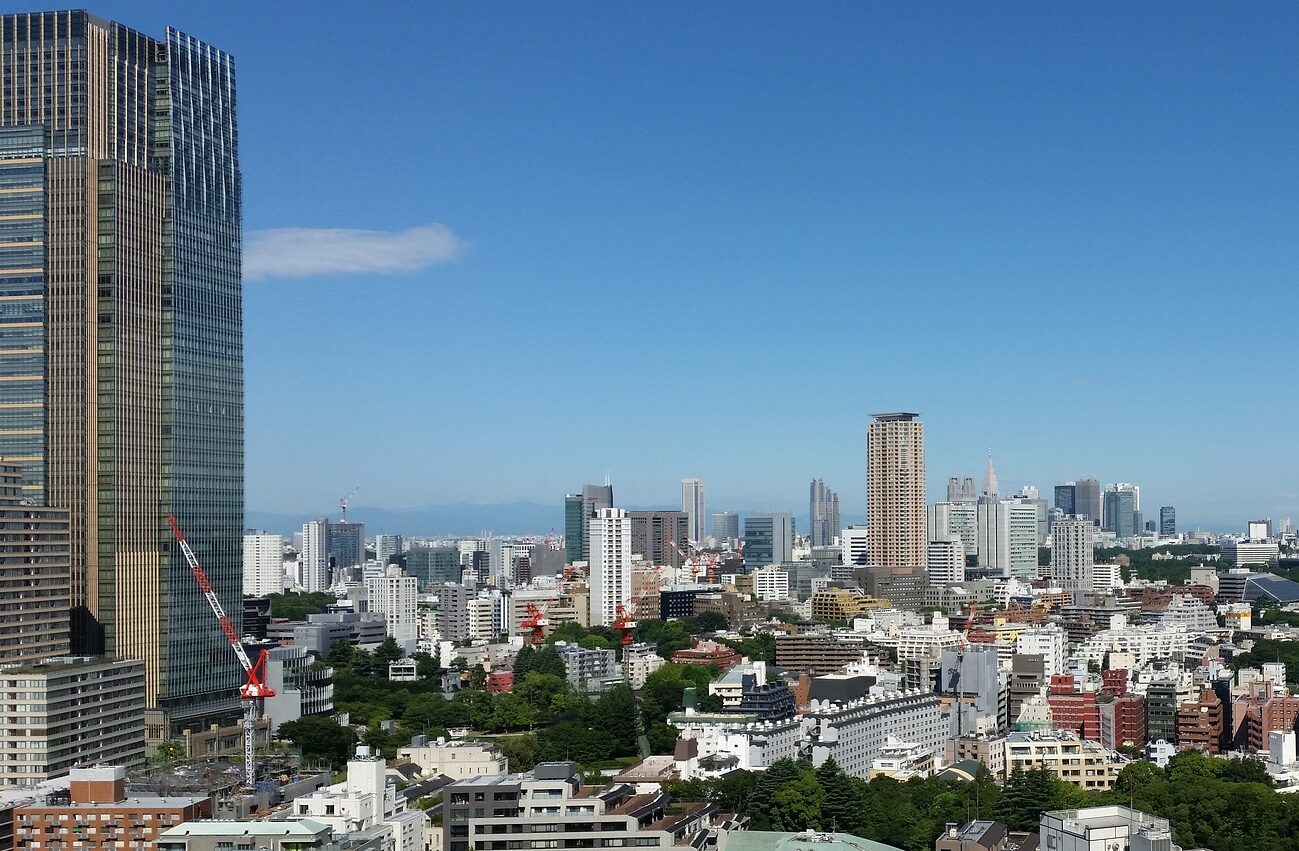
Japan
1-chōme-8-1 Marunouchi, Chiyoda City, Tokyo 100-0005, Japan
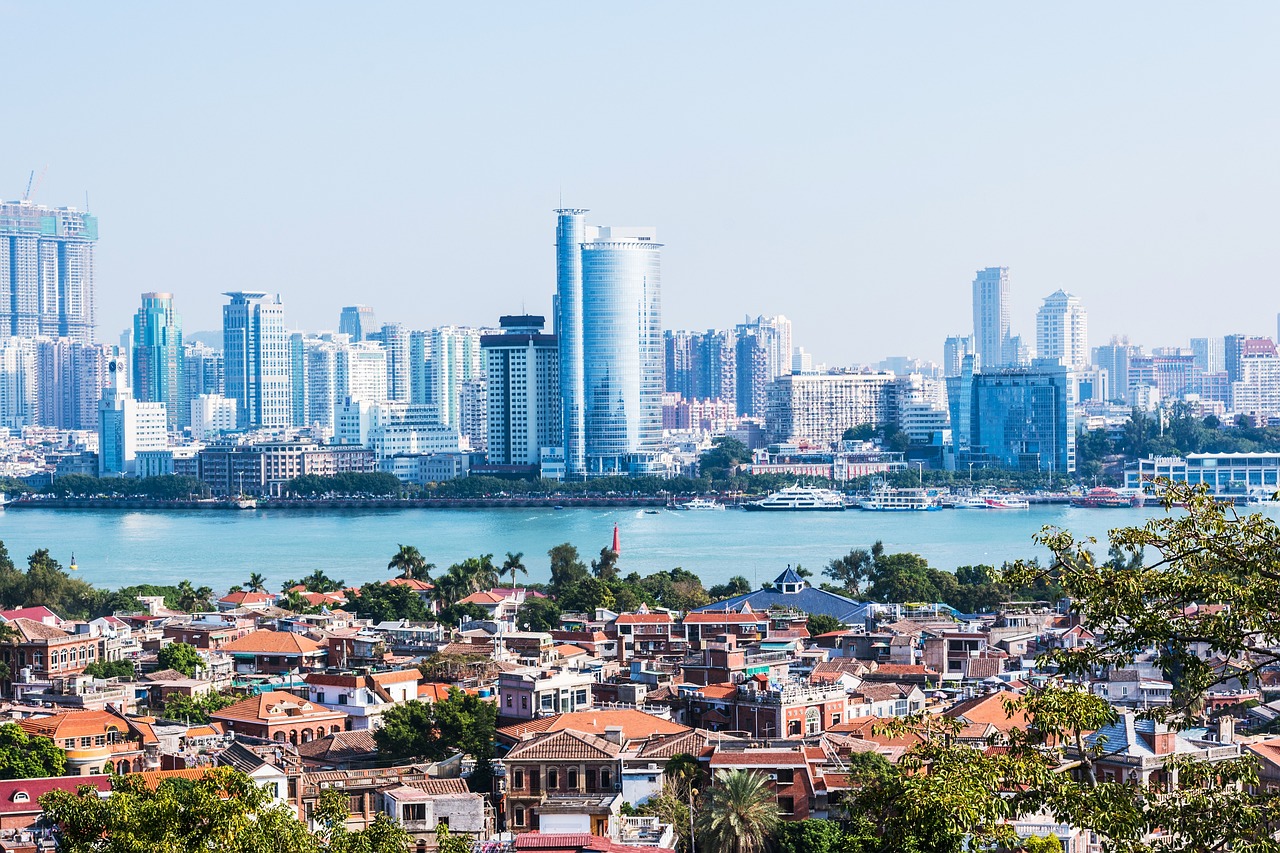
China
Lujiazui Ring Road #501, Floor 5, Shanghai, Huangpu, China,200120
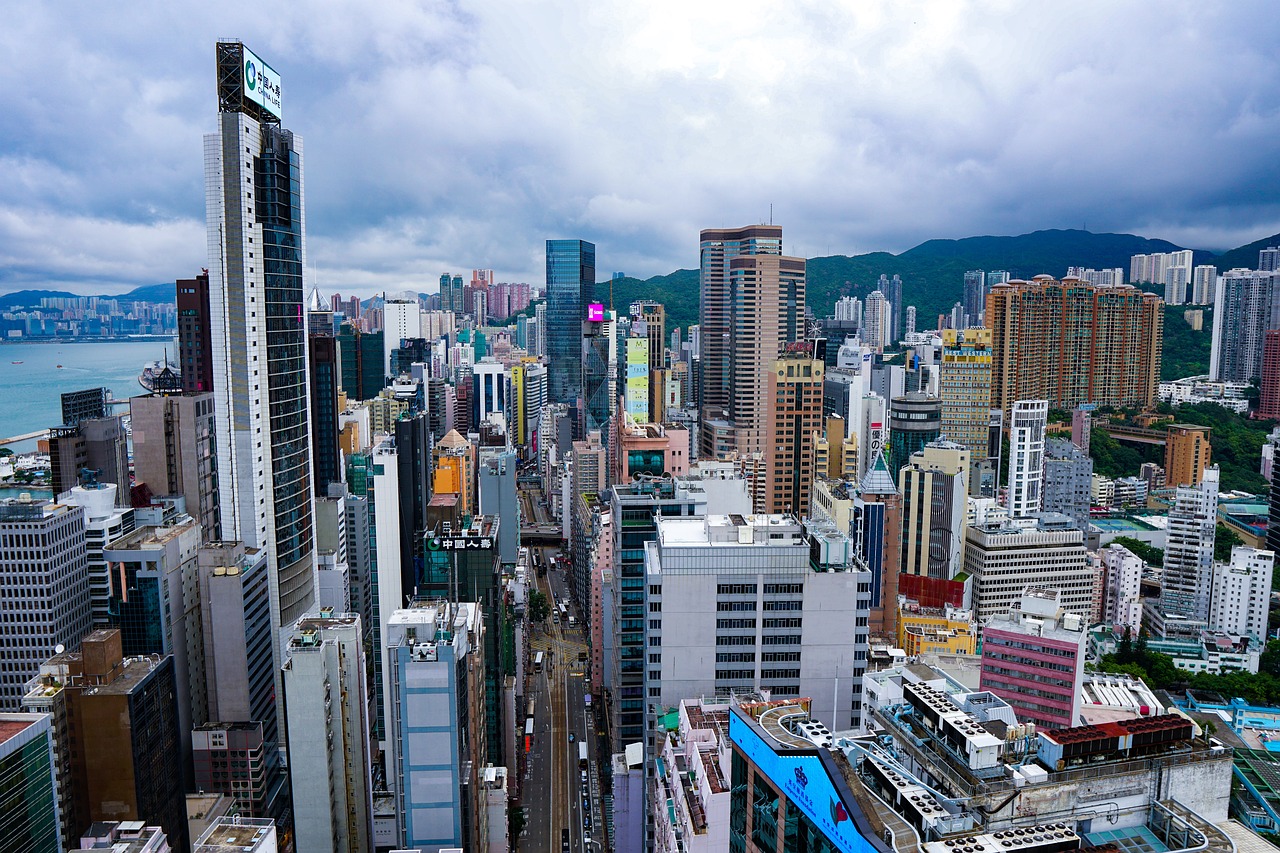
Hong Kong, China
Suite 1501, 1 Hysan Avenue, Causeway Bay, Hong Kong

Taiwan, China
No. 8, Section 5, Xinyi Road, Da’an District, Taipei City 110, Taiwan
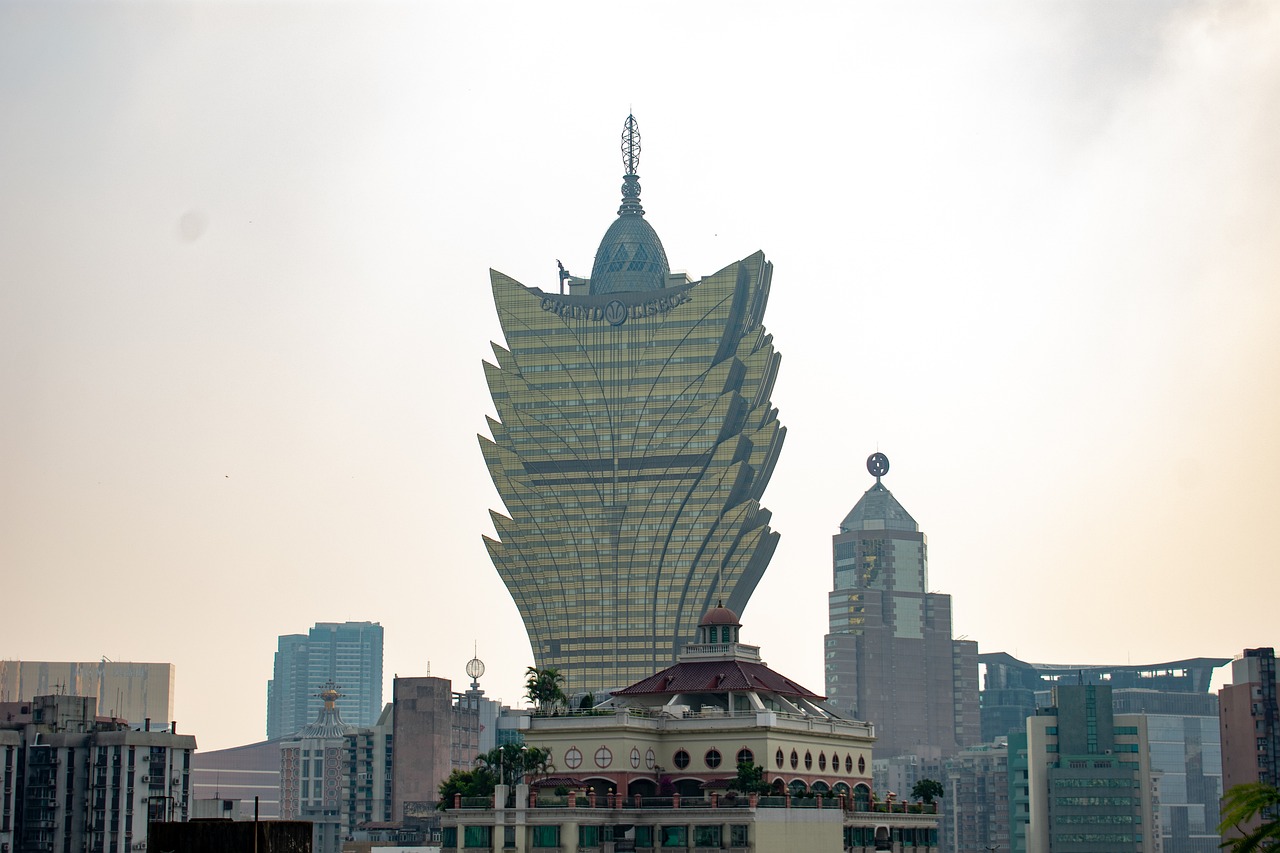
Macau, China
Rui do Dr. Sun Yat-Sen, NAPE, Macau SAR, China, 999078
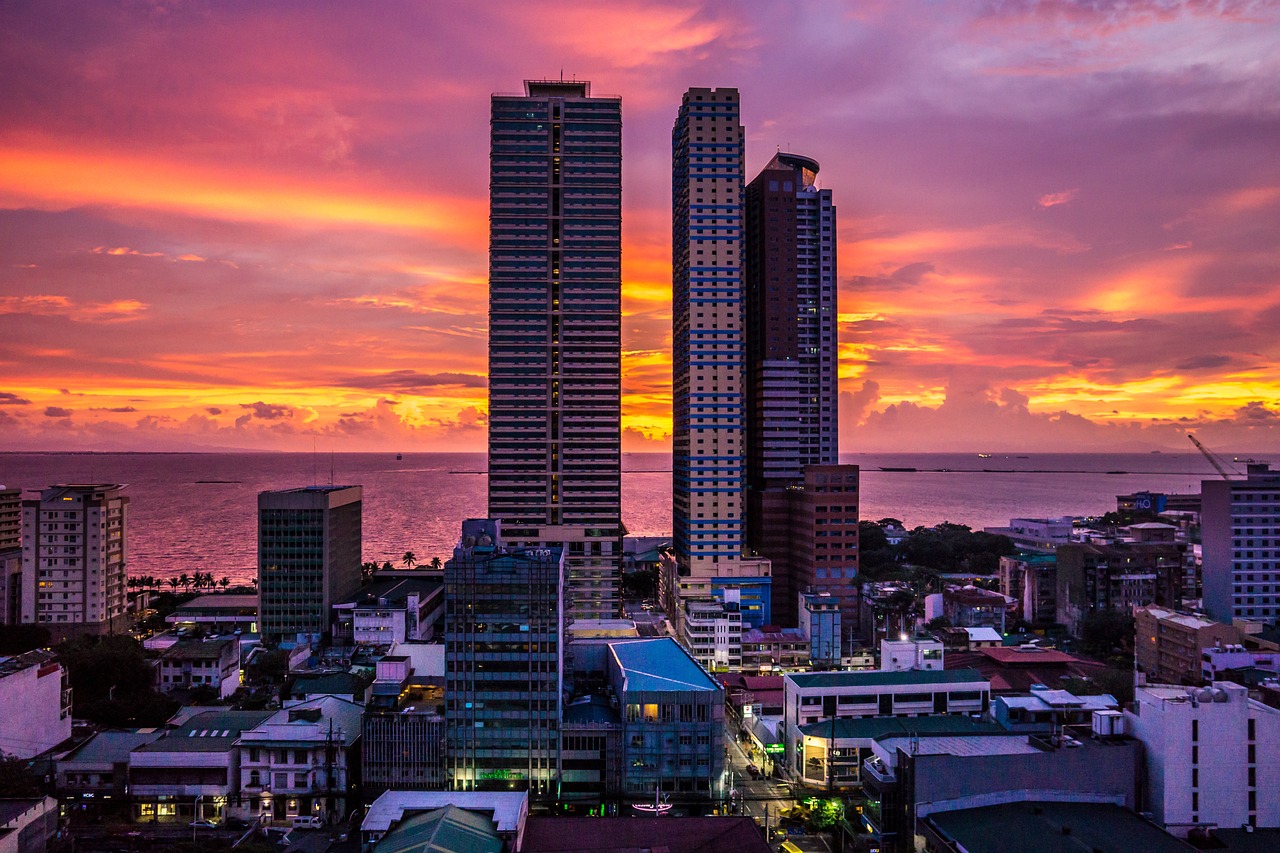
Philippines
6/F Net Lima Building, 5th Avenue cor. 25th St., Bonifacio Global City, Taguig, 1634 Metro Manila, Philippines
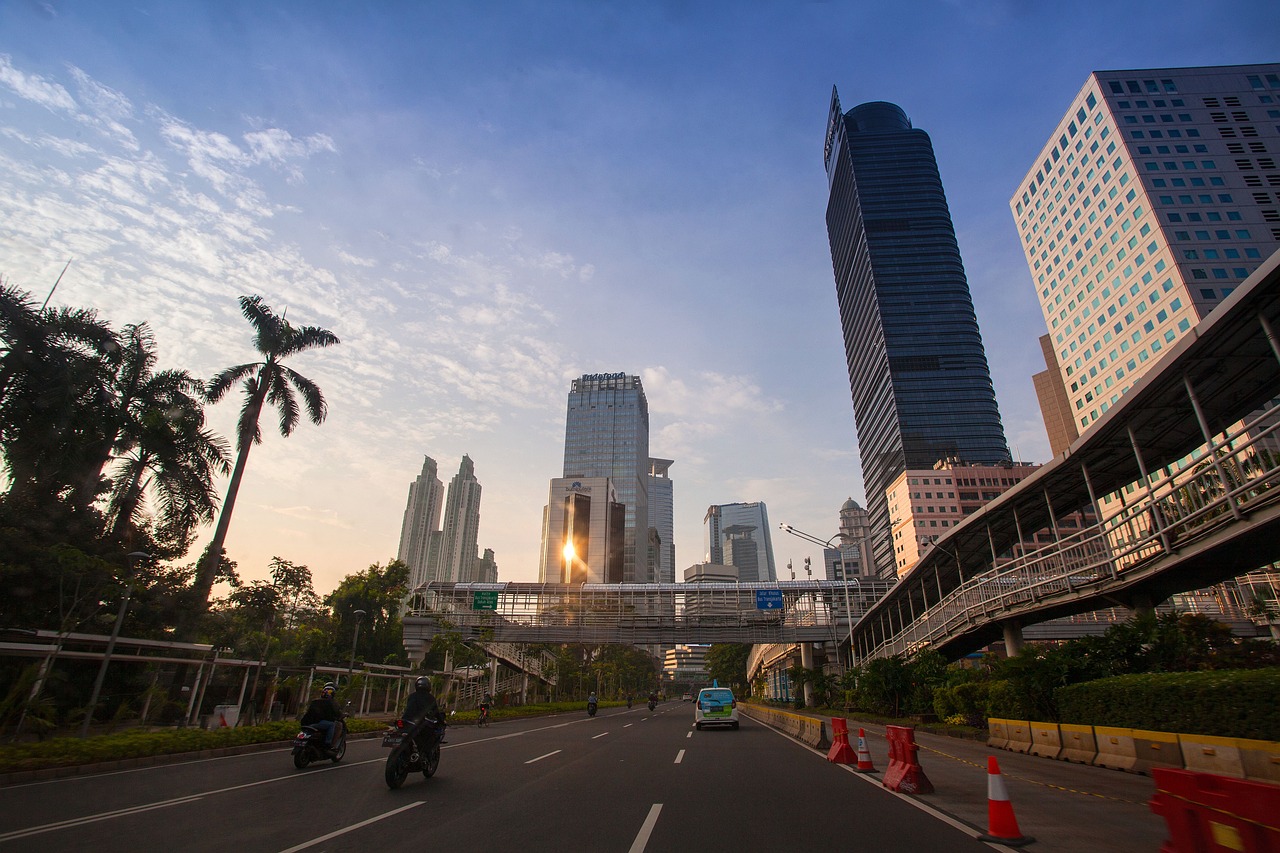
Indonesia
Jl. Jend. Sudirman Kav. 52-53, Kebayoran Baru, Jakarta Selatan 12190, Indonesia
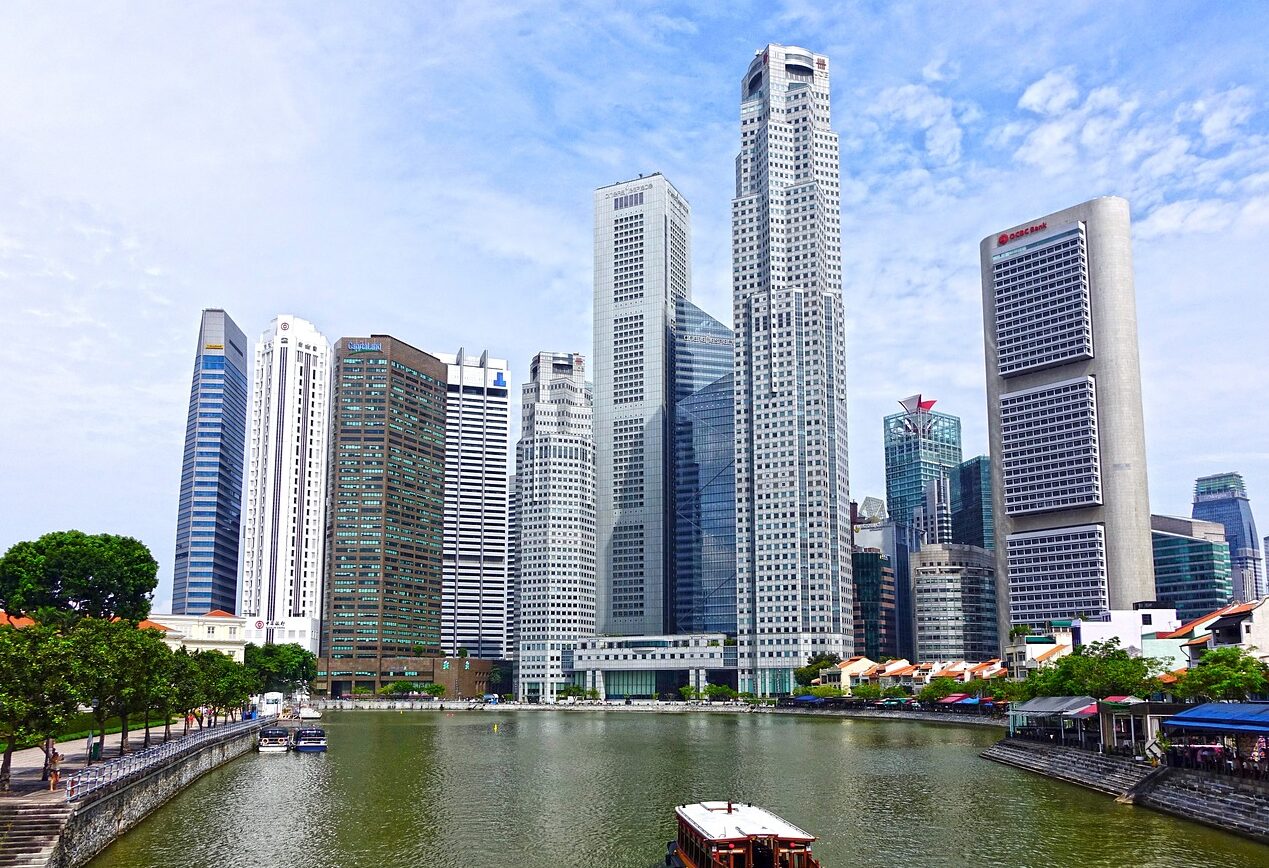
Singapore
10 Collyer Quay #23-01, The Quayside, Singapore 049315
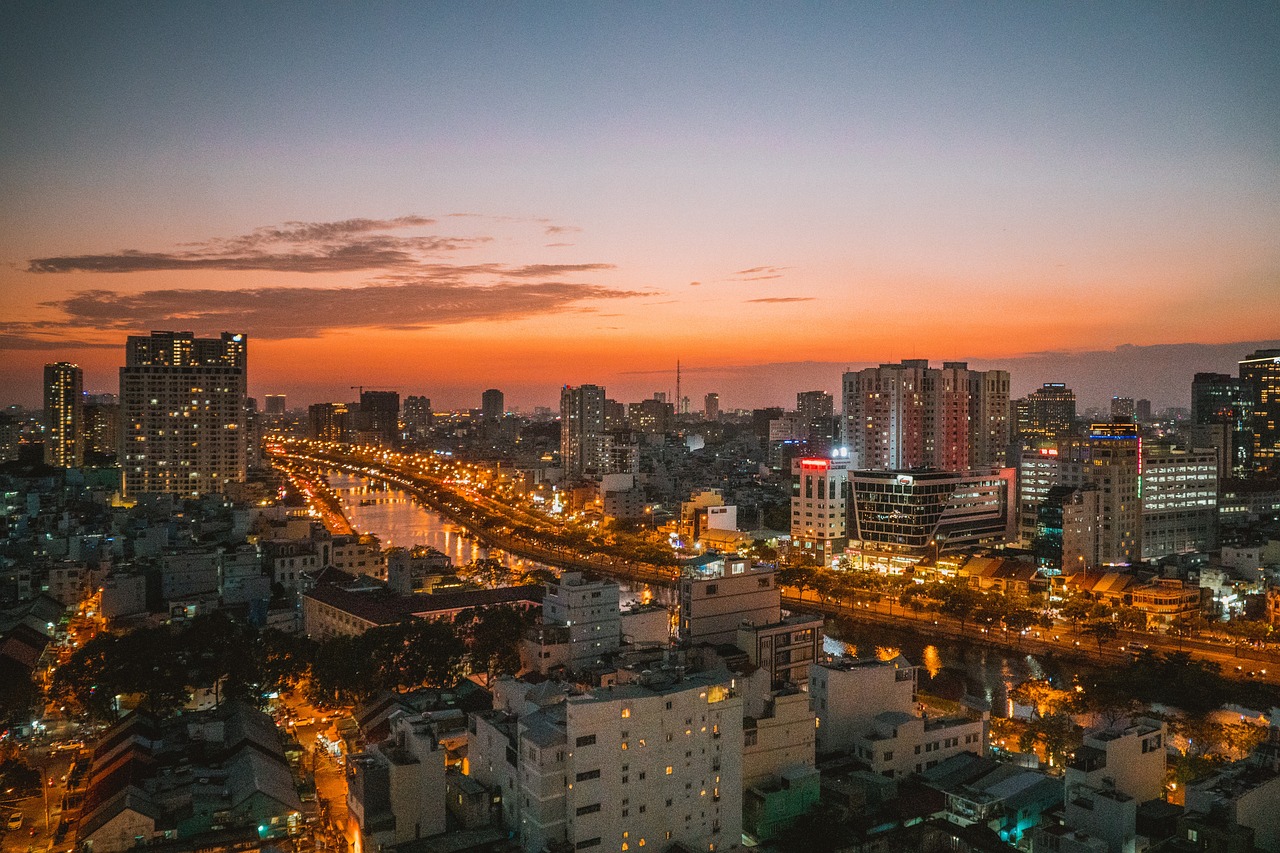
Vietnam
33 Nguyễn Hue Boulevard, District 1, Ho Chi Minh City 700000, Vietnam

Bangladesh
House 55, Road 125, Gulshan 1, Dhaka 1212, Bangladesh

India
Apollo Bunder, Colaba, Mumbai, Maharashtra 400001, India
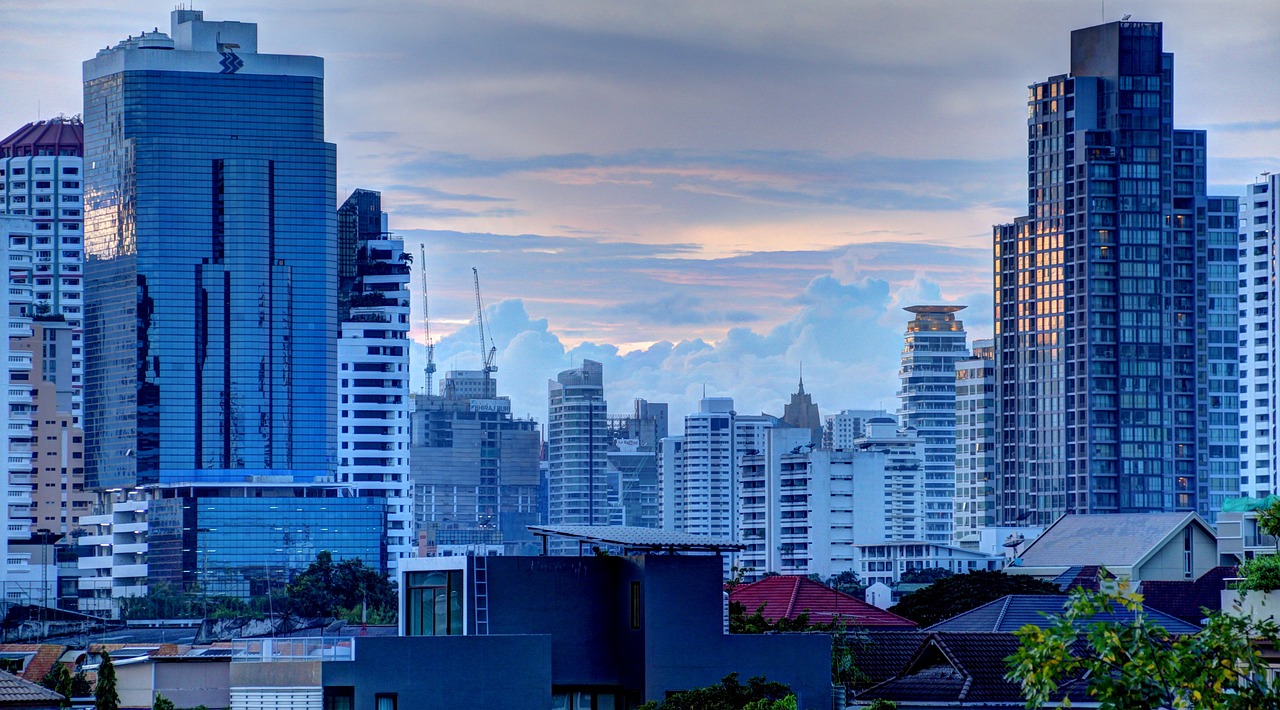
Thailand
999/86 Rama 1 Road, Pathum Wan, Bangkok 10330, Thailand